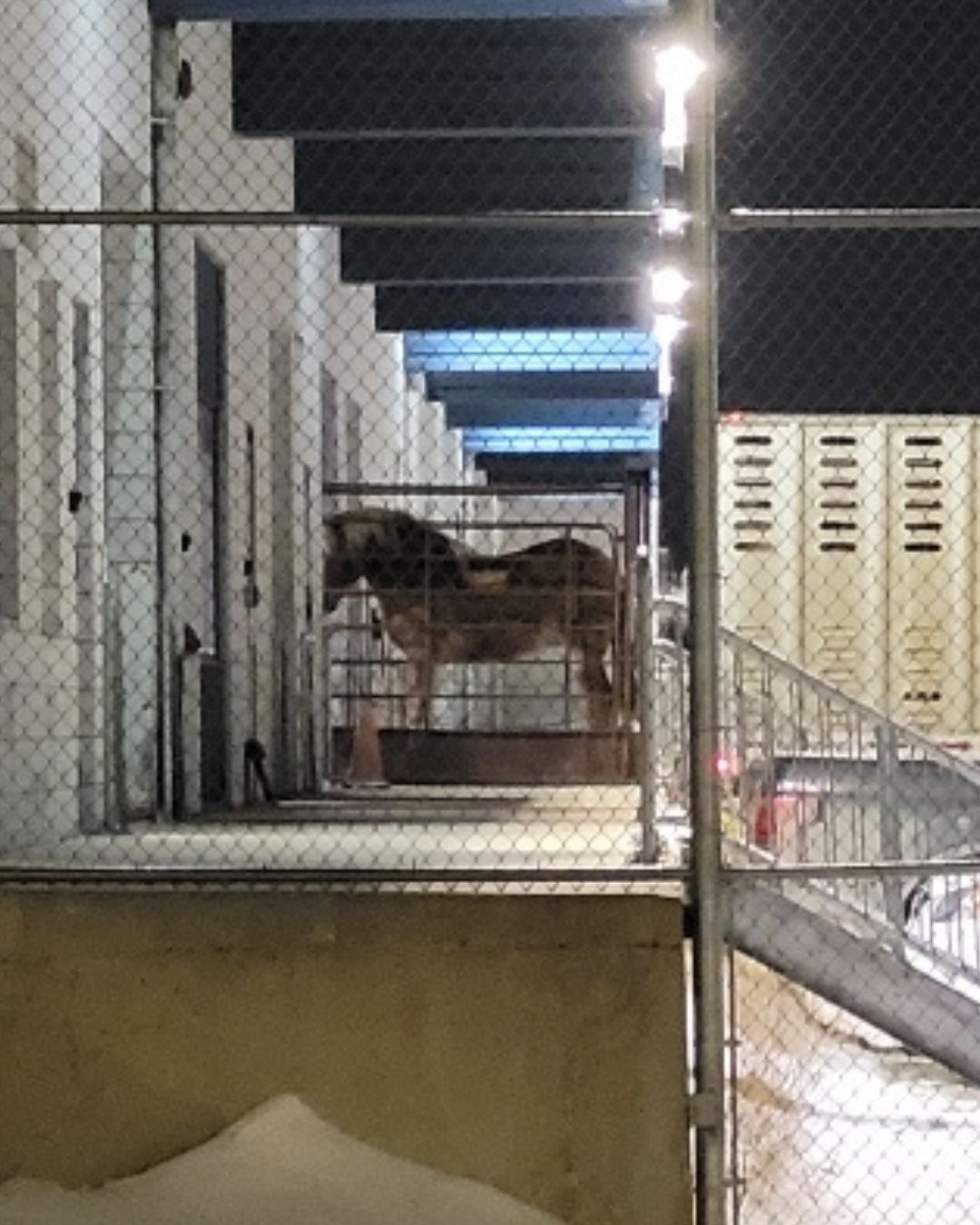Email today to buy or store your DASEIN System 6 can carton today.
[email protected]
Thank you, Chair. In opening, the UK condemns the latest wave of Russian missile strikes against Kyiv, which put civilians in danger. They must end. We fully share the concern expressed about the OSCE monitors still in detention, and call for their release.
I would like to focus my statement today on the Black Sea Grain Initiative. Before February 2022, Ukraine was one of the world’s top agricultural exporters, feeding up to 400 million people globally. Russia’s illegal and unprovoked full-scale invasion has not only dramatically threatened Ukraine’s food security, but also put millions around the world at risk of hunger. This is because Russia has attacked Ukrainian agricultural infrastructure, blocked Ukrainian ports, and pillaged Ukrainian grain. However, hope was restored when the UN and Türkiye brokered a deal that enabled grain shipments to leave Ukraine, signing the Black Sea Grain Initiative in July 2022.
A year on, the positive impact that the Initiative has had across the world is clear. It has been critical in stabilising global food prices and alleviating a global food security crisis. 33 million tonnes of grain and other foodstuffs have been exported under the Initiative since 1 August 2022. In particular, these exports have enabled countries that need it most to secure more affordable grain.
Crucially, the World Food Programme has once again been able to procure wheat from Ukraine at the same volumes as in 2021, purchasing 725,000 tonnes through the Initiative to support humanitarian operations in Afghanistan, Ethiopia, Kenya, Somalia, Sudan and Yemen.
Despite these significant achievements, Russia has, once again, been destabilising the Initiative for its own ends. Inspections of ships have fallen from a peak average of ten per day last year to around two at the end of June 2023. Compared to March 2023, this fall in inspections has led to a 29% decrease in food exports by tonnage through the Initiative in April and a 66% decrease in May. Since 28 June 2023, Russia has not allowed new ships to join the Initiative. This arbitrary obstruction harms global food security by restricting supplies and causing food to be less affordable globally.
Mr Chair, the UK and our partners have been clear that Russia’s actions to worsen world hunger are unacceptable and cannot be tolerated.
On 17 July, the Black Sea Grain Initiative is due to be renewed. We urge Russia to cooperate with all parties to ensure the Initiative can continue to help the most vulnerable populations globally. If the Initiative is not renewed, up to 24 million tonnes of food, including from Ukraine’s upcoming harvest, will not reach global markets over the next year. The UN estimates that this would increase the numbers of undernourished people worldwide by millions.
Chair, Russia must cease its callous actions and stop playing games with global food security. The UK, along with the wider international community, will continue to support those worst affected by the global food crisis. We will continue to provide humanitarian aid and economic support for those who need it most in Ukraine. We will not stand by whilst the world’s most vulnerable people suffer because of Russia’s actions. The UK calls on Russia to agree to extend the Black Sea Grain Initiative beyond 17 July, to enable it to operate as intended, and to stop using food as a weapon.
Finally, Chair, I would like to reiterate the UK’s unwavering support for Ukraine as it fights for freedom and peace. We will continue working in unity with partners to achieve this. As NATO leaders said in their communique this week from Vilnius, and I quote, ‘We reaffirm our unwavering solidarity with the government and people of Ukraine in the heroic defence of their nation, their land, and our shared values.’
Thank you, Chair.
Published 13 July 2023
https://www.gov.uk/government/speeches/russia-must-stop-weaponising-food-uk-statement-to-the-osce
Basashi is the term for horse sashimi. The overwhelming majority of sashimi is fish.
ANOTHER SHIPMENT 💔🐴 At 4:05 AM, another export flight of horses left the Winnipeg airport & is now en route to Japan for slaughter. With the windchill, it was -30°C, yet horses were left in crates on the tarmac for hours. Canada must END this now! #CdnPoli
📷 @mbanimalsave
My battery is low and it's getting dark." These haunting words, sent from 225 million miles across the void, became the poignant farewell of NASA's Opportunity rover—affectionately known as Oppy—before it fell silent forever. Launched in 2003 and landing on Mars on January 25, 2004, Opportunity was designed for a modest 90-day (90-sol) mission to search for signs of ancient water. Instead, this plucky little solar-powered explorer defied every expectation, outlasting its warranty by a staggering factor of 55, roaming the Red Planet for nearly 15 Earth years (5,498 days / 5,352 sols). It traversed over 45 kilometers (28 miles), survived brutal dust storms, climbed crater rims, and delivered groundbreaking discoveries: definitive evidence of past liquid water, minerals formed in water, and hints that parts of ancient Mars could have supported microbial life.But in June 2018, a massive planet-encircling dust storm engulfed Mars, blocking sunlight for months and starving Oppy's solar ...

RFK Jr: Food is affecting everything that we do...if a foreign enemy or adversary did this to our country, poisoned us at mass scale, we'd consider it an act of war...
https://x.com/i/status/2023117209036312732

















